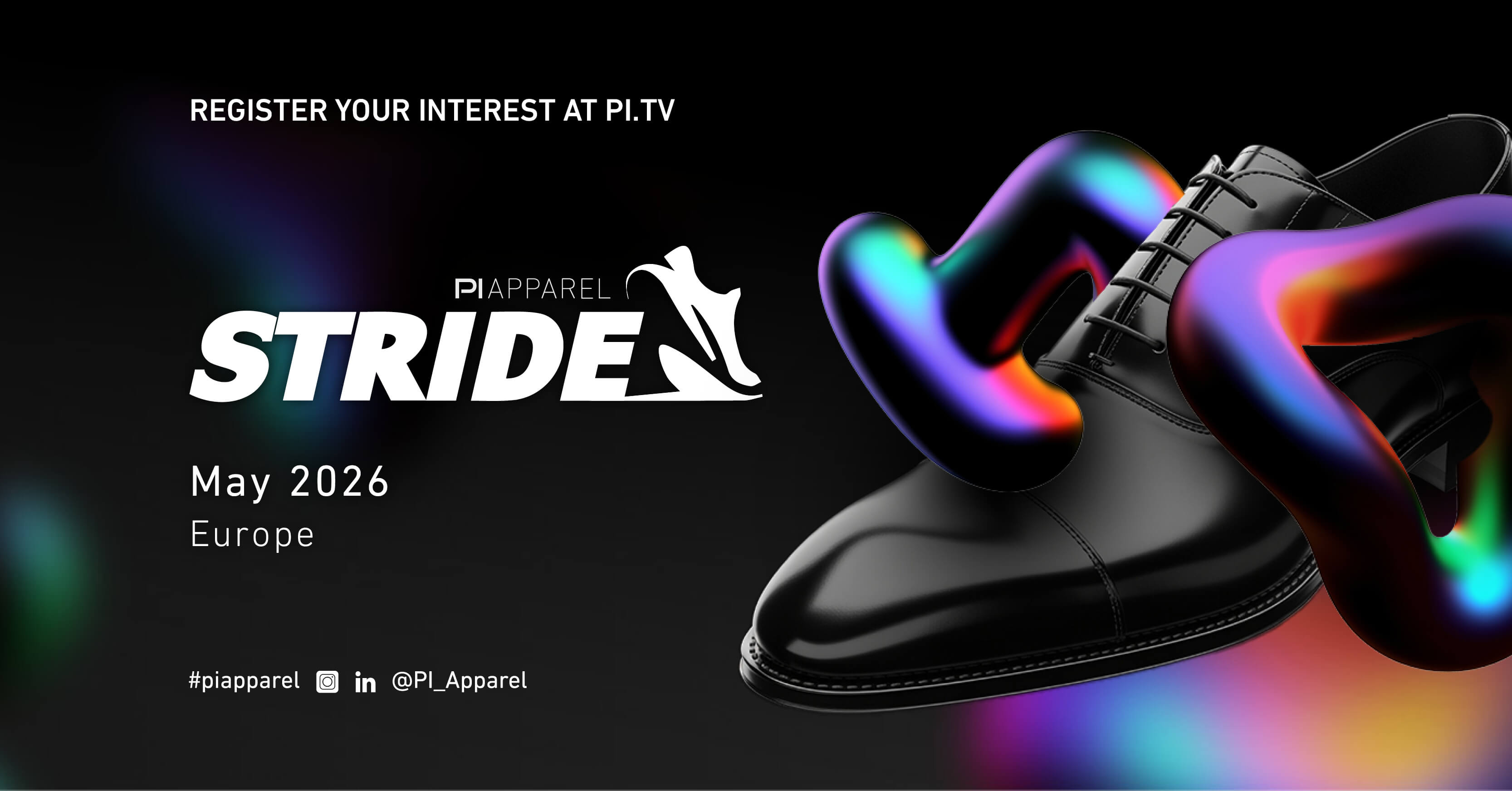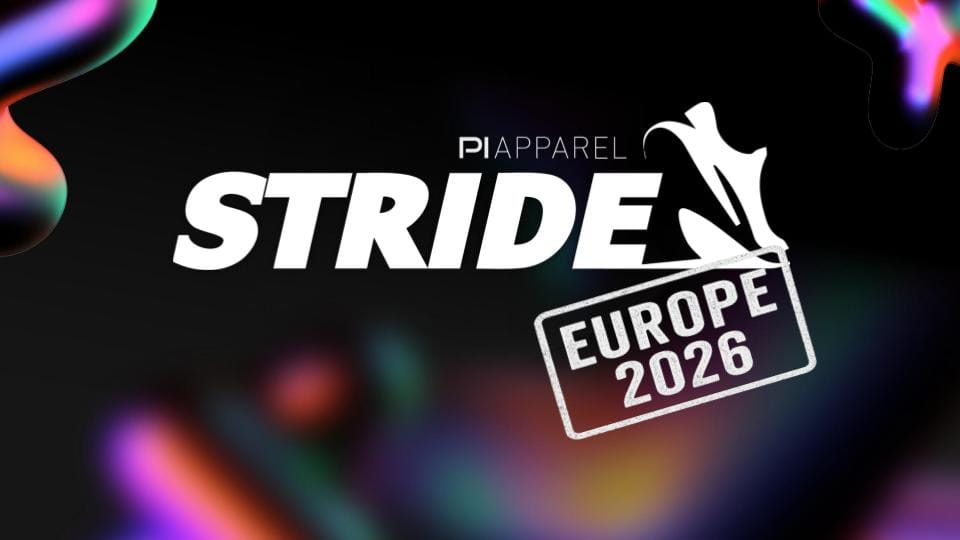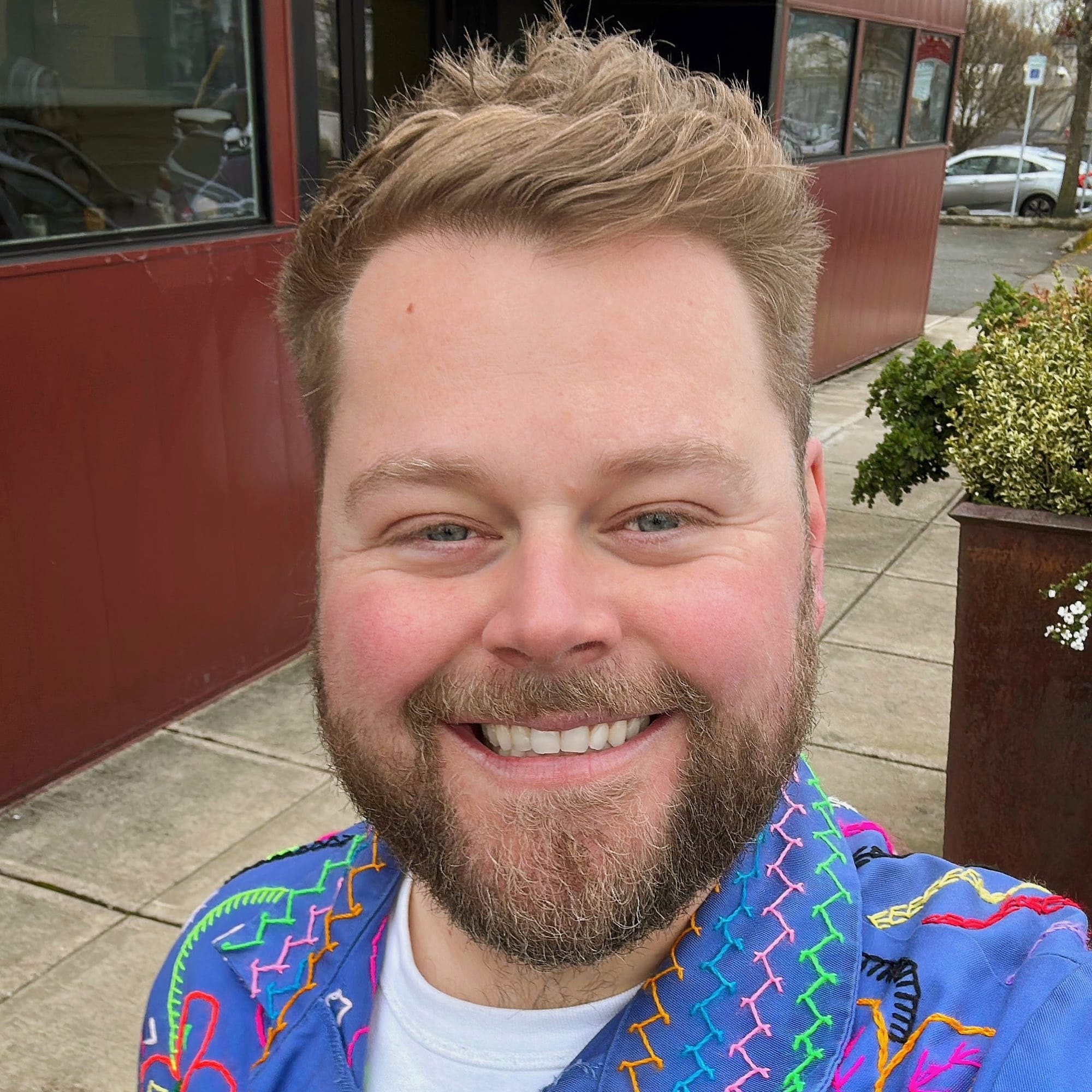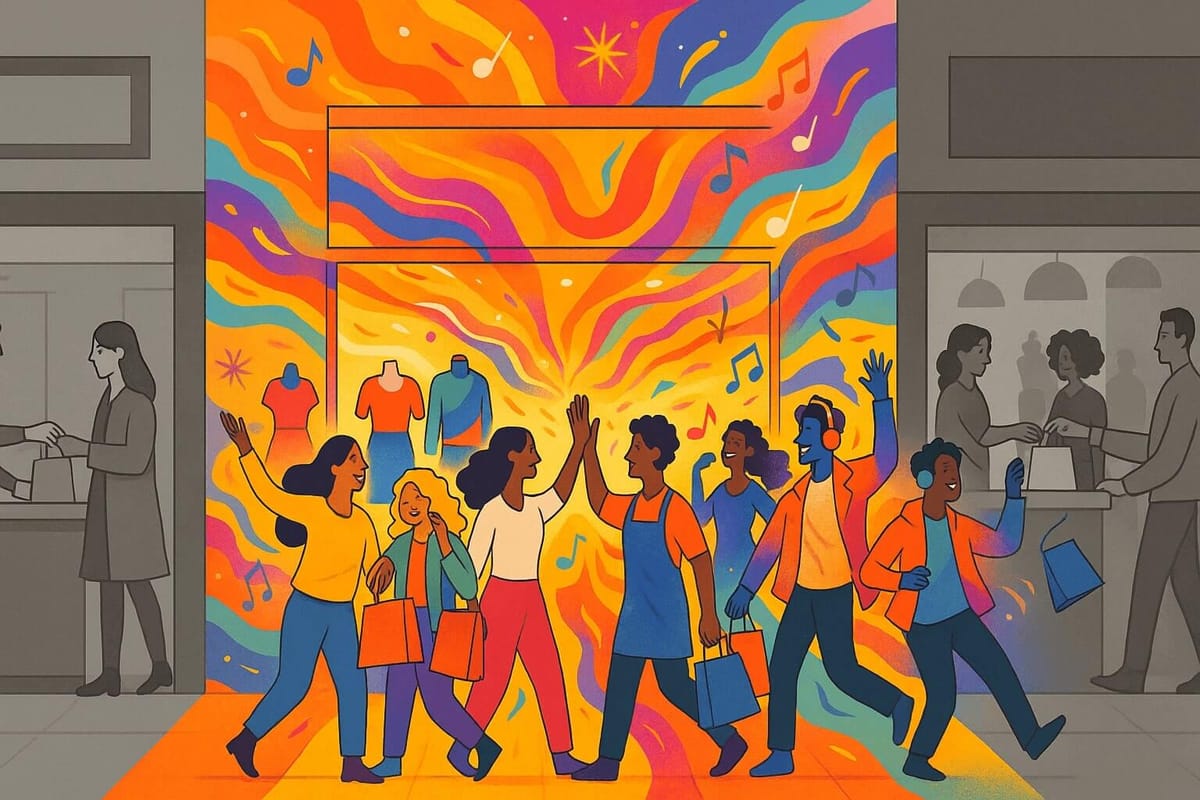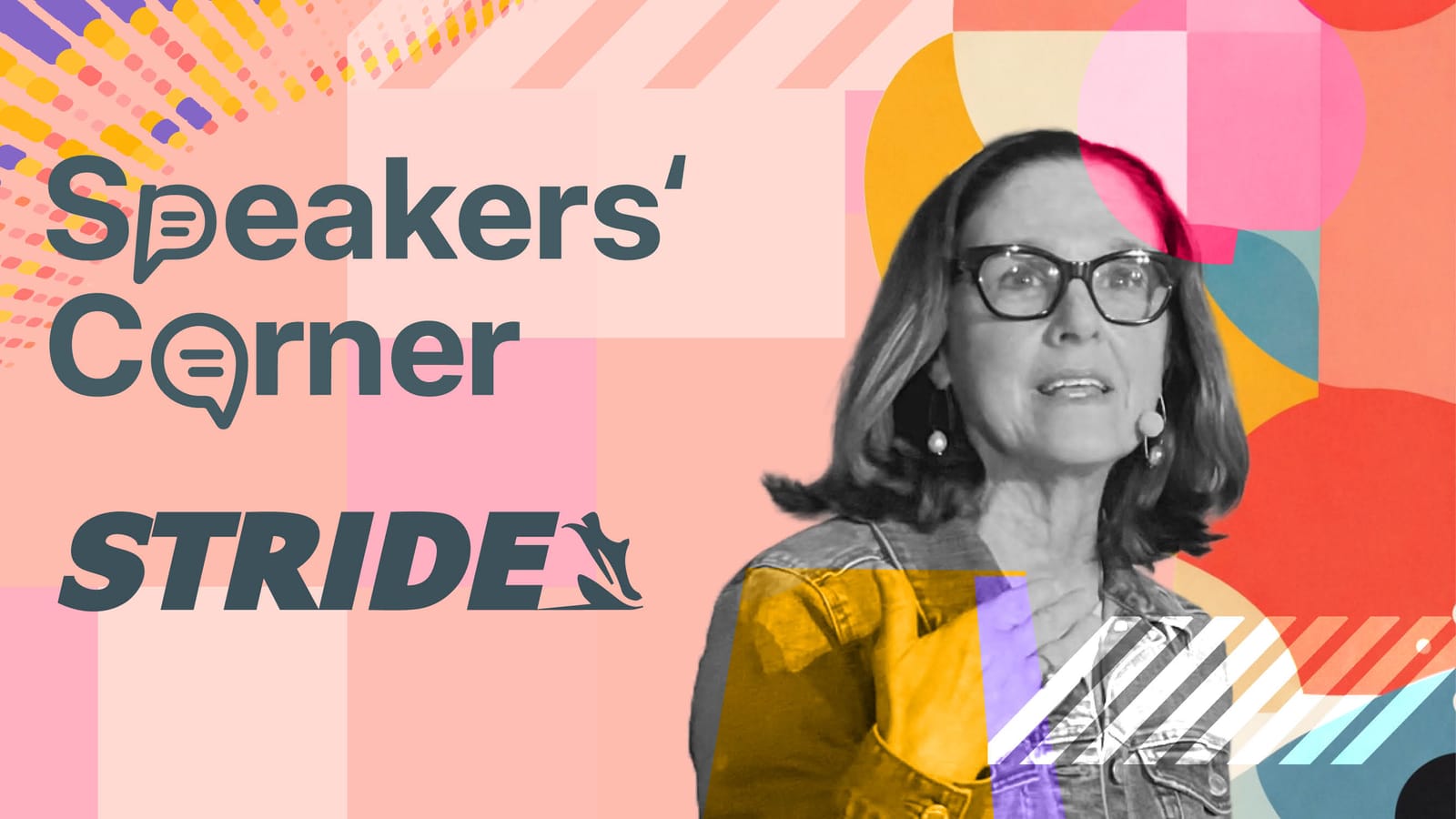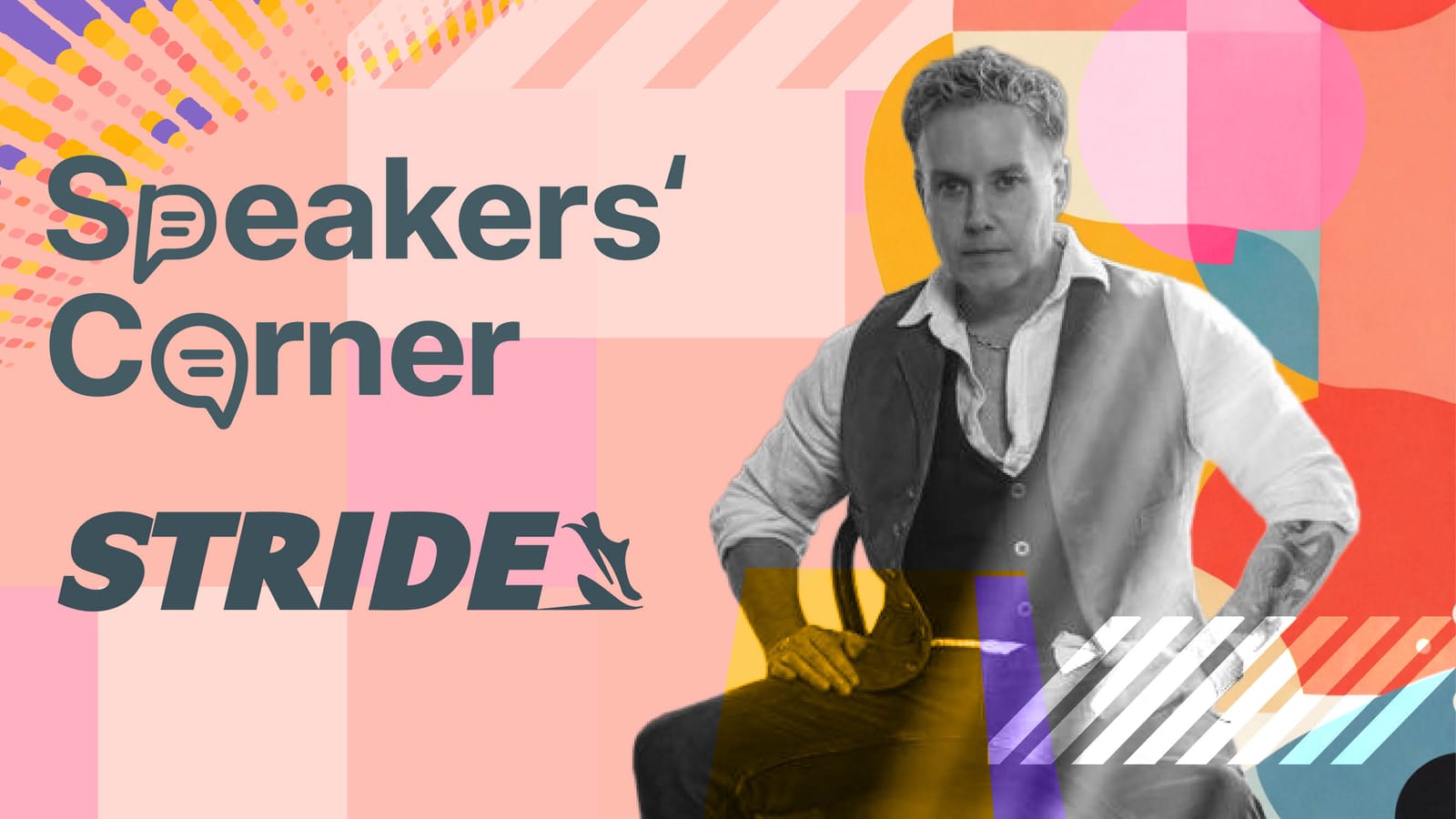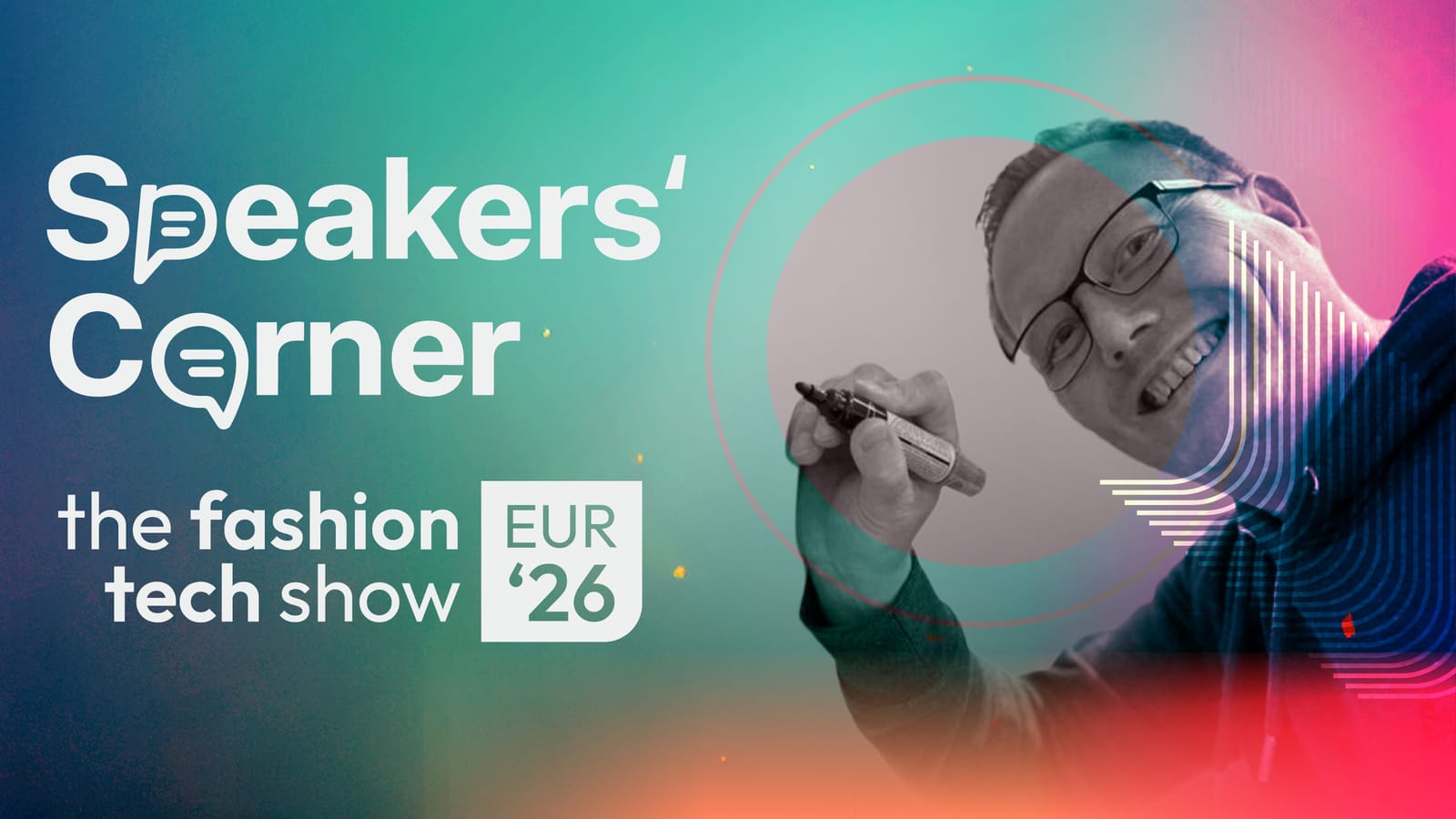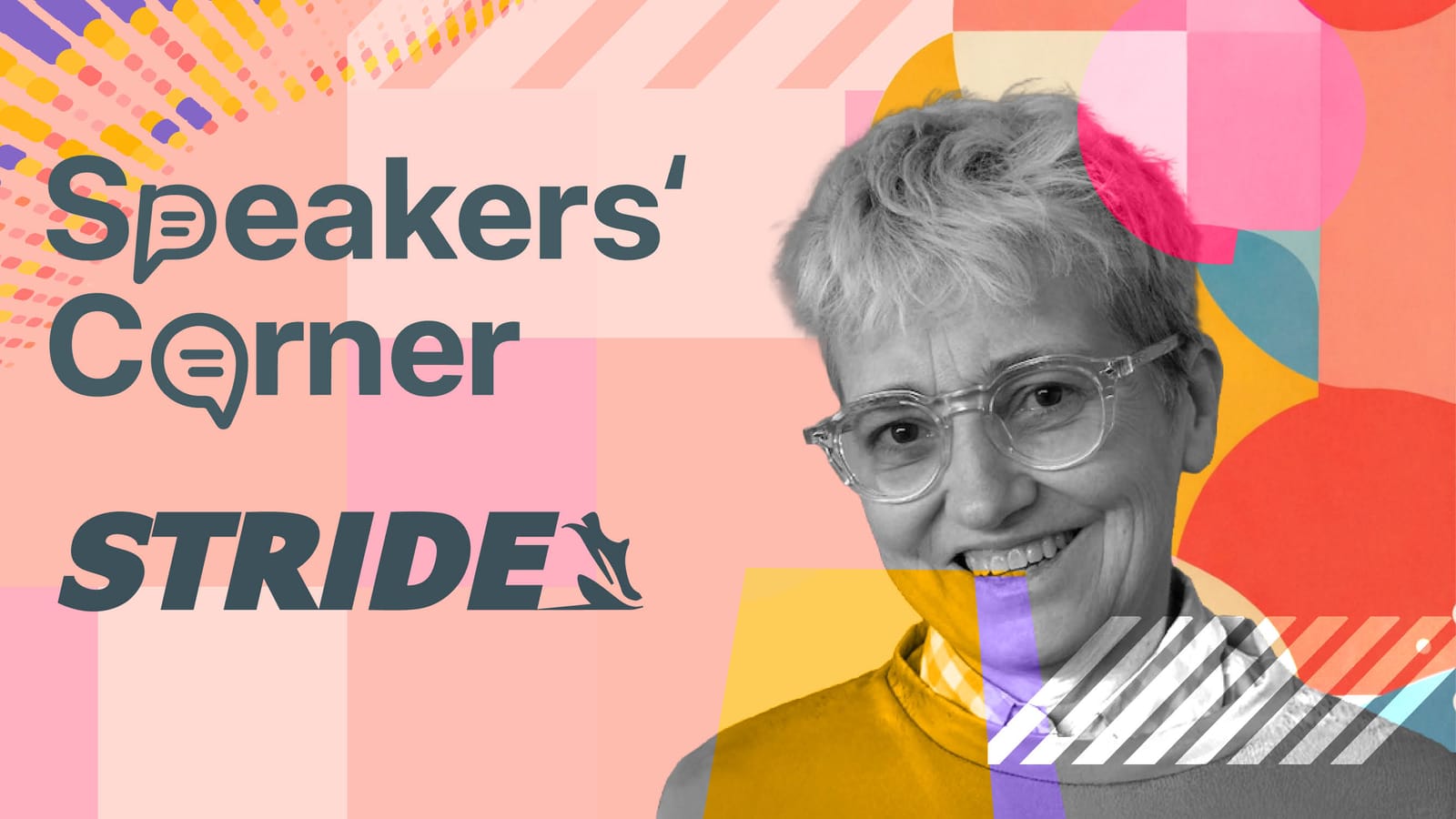Launching May 2026, Stride Europe is the new event rewriting the rulebook for footwear innovation - blending the old-world artistry of European shoemaking with the future-forward power of AI, 3D, and sustainable reinvention.

When we launched Stride in Portland in early 2025, we weren’t just building a footwear event; we were building a space for open dialogue, for difficult questions, for experimentation without ego. What started as a focused response to the fast-changing demands of footwear design and development quickly became something bigger: a community, a catalyst, a call to raise the bar on what digital innovation could look like in product creation.
And almost immediately, the calls started coming in: when will you bring this to Europe?
But this couldn’t be a copy-paste. Europe’s footwear landscape is unlike any other, defined by deep roots in craft, heritage, family-owned factories, but also by fragmentation, uneven digital maturity, and mounting regulatory pressure. For all its artistry, Europe is still grappling with what digital transformation actually looks like on the ground. The appetite is there, but so is the caution.
So we asked questions and we listened; we spoke to designers, developers, brand leaders, educators, and tech innovators across the continent - from Porto to Munich, Milan to Amsterdam - to understand the tension points, aspirations, and gaps that a European edition of Stride could address.

While the US scene is flush with momentum around DPC, AI, and agile workflows, Europe’s path is more layered - shaped by cultural hesitations, legacy systems, and a footwear ecosystem still rooted in manual processes. Many design schools still teach pencil-and-paper first. Senior leadership often lacks digital literacy. And even when the tools exist, they’re siloed, underused, or misunderstood.
Yet across our research, a picture emerged of a region ready to evolve - just not through top-down hype. Instead, through community, education, and a rethinking of what innovation actually means in a European context.
What came up again and again:
- Craft doesn’t need replacing - it needs reimagining. From Italy’s Riviera del Brenta to Portugal’s production hubs, tradition still defines how many brands create. But the hunger to fuse this with modern tools - from AI-assisted concepting to hybrid prototyping - is growing fast.
- Digital talent is rising, but the ecosystem hasn’t caught up. Emerging designers are fluent in tools like Blender, Vizcom, and Gravity Sketch, but they’re entering companies still working flat. The gap between what’s taught, what’s needed, and what’s possible is widening.
- Heritage brands are willing to learn IF the environment feels safe. Many respondents said what’s missing isn’t interest, but trust. The fear of saying the “wrong thing” or admitting a skills gap is very real. Closed-door formats and peer-led discussions matter more than main-stage showcases.
- Smaller players are doing bold things, just quietly. Some of the most exciting work is happening in niche areas: orthopedic fit, parametric midsoles, digitally assisted craft. But it’s often disconnected - lacking shared platforms or visibility.
From Porto to Florence, Barcelona to Bavaria, the consensus was: Europe’s footwear design and development community is ready for its own platform. But it needs to feel authentically European - collaborative, nuanced, and rooted in both people and process.

Launching in May 2026, Stride Europe is a new kind of event for a new kind of era.
Born from the success of Stride US - and built on months of conversations with European innovators - this edition is designed to meet the continent where it is, while helping move it forward. No bloated keynotes. No rinse-and-repeat panels. Just real people, real questions, and a shared mission to evolve the way footwear is brought to life.
The location? We’re finalising that now; based on extensive industry input we are evaluating options in the top 3 mentioned geographies. The final destination will be revealed soon.
What won’t change is the spirit: Stride Europe is crafted for those at the intersection of legacy and leap - the designers blending hand sketching with parametric modelling, the developers digitising craft, the leaders transforming workflows from the inside out.
If Stride US was about accelerating what’s already in motion, Stride Europe is about taking the initial leap - together.

1. Craft x Digital Innovation - Heritage and innovation in dialogue
Across Europe, legacy footwear brands are steeped in craftsmanship - hand stitching, region-specific techniques, artisanal detailing. But they’re also facing mounting pressure to evolve. This theme explores how heritage doesn’t need to be sacrificed for innovation, but instead, how it can be remixed.
We’ll tackle:
- How digital tools like 3D printing, haptic tech, and computational design can extend artisan practices.
- Upskilling pathways: teaching prompt engineering, digital modelling, and immersive tech to craft-led teams.
- Female-led perspectives and decorative design in digital tooling - an area still overlooked by many tech solutions.
- How to preserve material intuition and design identity in workflows increasingly driven by pixels and pipelines.
From Porto to Florence, makers are fusing past and future - and we’ll explore how to build that bridge without breaking the soul of what makes European design unique.
2. Digital Product Creation (DPC) - Evolving craft with digital precision
Digital Product Creation has the potential to transform how shoes are designed, visualised, and sampled. But many European brands are still stuck between analogue habits and scattered tool adoption. This theme explores how to embed DPC meaningfully, especially in resource-constrained or tradition-bound environments.
We’ll explore:
- Scaling DPC in fragmented tool ecosystems - and how to stop digital from becoming “just another tool.”
- What realistic entry points look like: from Gravity Sketch and CLO to Rhino and Vizcom.
- Building confidence across cross-functional teams, especially when some still think in 2D.
- Digitally aligning design, development, and factory execution - with fewer misinterpretations and reworks.
- The downstream value of digital assets - from ecomm to sustainability data.
Whether you’re a Rhino diehard or just dipping your toe into Blender, this track gives you practical ways to make DPC stick across people, processes, and platforms.
3. AI-Driven Design - Intelligence meets intuition.
AI is already reshaping footwear - from idea generation to material simulation, sizing predictions to marketing content. But in Europe, adoption is more cautious, due to IP fears, unclear ROI, and cultural attachment to human-led design. This theme cuts through the noise to explore what AI can actually do today, and how to integrate it without losing creative voice.
We’ll unpack:
- Prompt engineering for designers: how to get outputs that reflect brand and craft.
- AI as collaborator, not just intern - and when it risks becoming a brand liability.
- Navigating IP, authorship, and control.
- Combining generative tools with hand-drawn, handmade, and analogue design methods.
- From exploration to operation: when to scale, when to slow down, and when to say no.
AI is not a monolith - it’s a toolset. This theme explores how European brands and makers can engage with it in ways that are intelligent, respectful, and creatively liberating.
4. Responsible, Sustainable, Local - Resilience through regional reinvention.
Sustainability in Europe is about equity, circularity, localisation, and systems thinking. But with global supply chains, MOQs, cost pressures, and complex compliance requirements, many brands are struggling to turn good intentions into viable action. This theme digs into the real blockers, and the pioneers pointing a new way forward.
We’ll address:
- Circular design as a team sport: aligning design, development, sourcing, and comms from day one.
- The myth of “local = logical”: what it really takes to make regional production work in Europe.
- Data-driven sustainability: how digital twins, AI, and traceability tools can support impact goals.
- New partnerships with vendors, materials startups, and tech collaborators who can share the risk.
- The human side of sustainable innovation - from inclusive workforce development to localised talent pipelines.
This isn’t about feel-good fluff. It’s about systems-level change rooted in community, craft, and smarter tools that help do more with less.

We’re keeping the spirit of Portland - the safe spaces, the real talk, the community-first ethos - and adapting it for the needs and culture of a European audience. Here's what that looks like:
- Hands-on, closed-door roundtable discussions on themes like DPC, AI, craft-tech fusion, and local production
- Tech sparks showcase spotlighting start-ups solving real footwear problems
- Workshops and deep dives that go deep on topics like immersive design, team training, and data integration
- Closed-door sessions for candid, confidential peer sharing - no slides, no cameras, no pressure
- Design challenge showcase featuring pan-European emerging talent reimagining classic silhouettes
It’s not a place to show off. It’s a place to show up.

Stride Europe isn’t a franchise or a roadshow; it’s a homegrown, research-backed response to the continent’s specific needs - fragmented tooling, differing workforce readiness, and the rich, under-leveraged potential of its design and manufacturing communities.
It’s for the heritage brand in Italy just starting to explore 3D.
It’s for the freelancer in Amsterdam building AI models in their spare time.
It’s for the supply chain director in Portugal wondering how local really works.
It’s for the educator in Munich trying to teach tools that industry no longer waits for.
Because the future of footwear isn’t one-size-fits-all. And it won’t be built in silos.

Whilst we are waiting confirmation of the exact location and dates, it's never to early to start discussing your involvement! We are now inviting:
- Speakers and storytellers from across brands, academia and independent studios
- Roundtable hosts with questions to explore, not just answers to give
- Start-ups solving real problems
- Sponsors and collaborators from the tech and service community aligned with our values of openness, honesty, and industry betterment
- Educators, freelancers, and underrepresented voices, because the future of innovation is collective.
🔗 Website & Agenda
🎯 Launch date: May 2026
📍 Location: To be announced soon
📩 Want to get involved? Have your say...
Let’s build something uniquely European - together.
